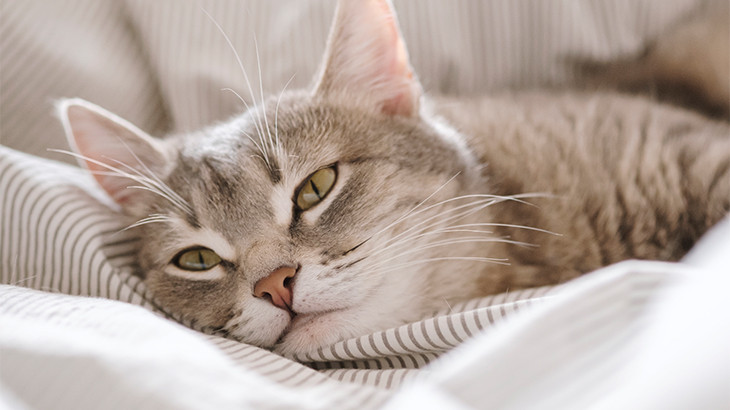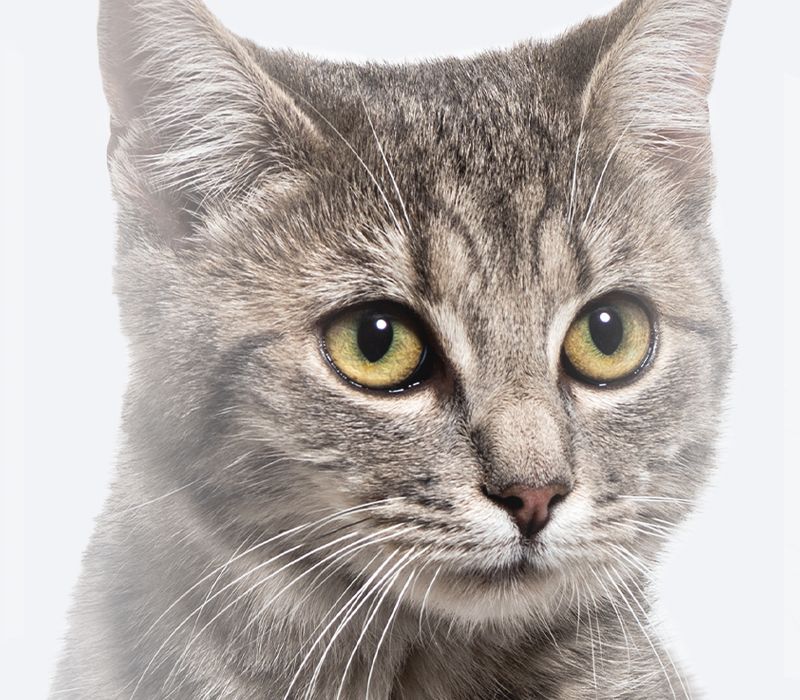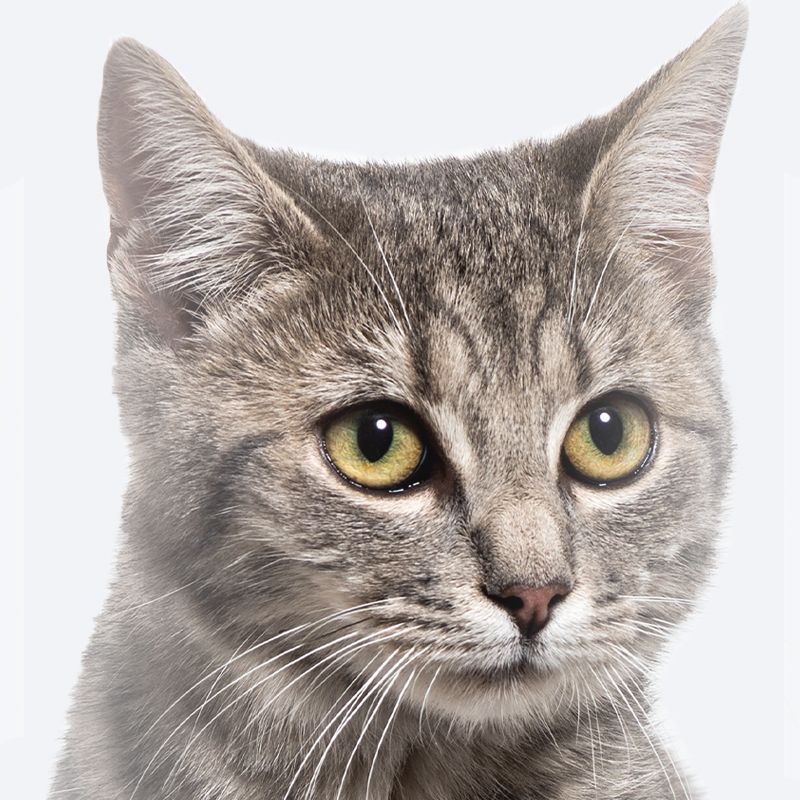Our beloved pets are like family. They bring us joy, laughter, and unconditional love. But their curious nature can sometimes lead them into trouble, especially when it comes to household items. Ingesting something poisonous can be a life-threatening emergency for your pet. Knowing how to recognize the signs of poisoning and taking swift action can make all the difference.
Signs Your Pet Might Be Poisoned
Just like humans, pets can experience a wide range of symptoms depending on the type and amount of poison ingested. However, there are some common signs that should raise a red flag and prompt immediate action:
- Gastrointestinal Distress: Vomiting, diarrhea, and excessive drooling are all common signs of pet poisoning. The vomit or stool may contain blood or traces of the ingested substance.
- Behavioral Changes: Lethargy, weakness, and disorientation are all potential signs of poisoning. Your pet may also seem more withdrawn or restless than usual.
- Neurological Issues: Tremors, seizures, difficulty walking, and incoordination can all indicate that the poison is affecting your pet’s nervous system.
- Respiratory Problems: Difficulty breathing, rapid breathing, or excessive panting can be signs of a serious reaction to a toxin.
- Other Warning Signs: Unusual vocalization, excessive thirst or urination, facial swelling, and changes in eye appearance (dilation or constriction of pupils) can all be potential indicators of poisoning.
It’s important to remember that these are just general signs, and the specific symptoms your pet experiences will vary depending on the type of poison ingested. If you notice any of these signs in your pet, don’t hesitate to seek immediate veterinary care.
What to Do if Your Pet is Poisoned
If you suspect your pet has been poisoned, staying calm and taking swift action is crucial. Here’s what you should do:
- Do Not Induce Vomiting: Unless specifically instructed by a veterinarian or animal poison control center, do not attempt to induce vomiting. In some cases, inducing vomiting can worsen the situation and cause further injury.
- Gather Information: Time is of the essence. If possible, try to gather as much information as you can about the suspected toxin. This includes the type of substance (medication, cleaning product, plant, etc.), the approximate amount ingested (if known), and the time of ingestion.
The faster you act, the better your pet’s chances of a full recovery. By following these steps and seeking immediate veterinary care, you can give your pet the best chance of overcoming this potentially life-threatening situation.
How to Prevent Poisoning at Home
The best way to deal with pet poisoning is to prevent it from happening in the first place. Here are some actionable tips to keep your pet safe from common household toxins:
- Secure Medications and Household Products: Medications, cleaning products, pesticides, and other household chemicals are all potential hazards for curious pets. Always store these items securely out of reach, preferably in locked cabinets or on high shelves.
- Beware of Toxic Plants: Many common houseplants are toxic to pets. Do your research and identify any potentially harmful plants in your home. Consider replacing them with pet-safe alternatives or keeping them out of reach of your furry friend.
- Use Caution with Pest Control Products: Always follow the manufacturer’s instructions carefully when using pesticides or insecticides around your home. Opt for pet-safe products whenever possible, and keep your pet out of treated areas until it’s safe.
- Dispose of Hazardous Materials Properly: Never dispose of medications, cleaning products, or other hazardous materials down the drain or toilet. Improper disposal can contaminate our water supply and pose a threat to wildlife. Utilize designated hazardous waste disposal facilities whenever possible.
Additional tips to Prevent Poisoning at Home
- Educate Yourself and Your Family: Familiarize yourself with common household toxins that can be harmful to pets. Educate other members of your household, including children, about the dangers of these items and the importance of keeping them out of reach of pets.
- Supervise Your Pet: Close supervision, especially during walks or playtime outdoors, can help prevent your pet from ingesting something harmful. Keep a watchful eye on them and avoid letting them roam freely in areas where they might encounter potential toxins.
- Provide Chew Toys and Alternatives: Chewing is a natural behavior for pets. Provide them with plenty of safe and stimulating chew toys to redirect their chewing instincts away from potentially harmful objects.
- Keep the Toilet Lid Closed: An open toilet bowl can be a tempting target for curious pets. Keeping the lid closed can help prevent them from ingesting contaminated water or harmful cleaning products used in the toilet bowl.
- Be Mindful of Outdoor Hazards: Be aware of potential hazards in your yard or neighborhood that could be poisonous to your pet. This includes certain garden fertilizers, herbicides, or rodent poisons. If you suspect your pet has ingested something outdoors, seek immediate veterinary attention.
Living a Long and Healthy Life with Your Pet
At Small Animal Emergency Hospital, your pet’s health is our passion. This blog has explored recognizing pet poisoning, but our team is equipped for all emergencies. For routine care, schedule an appointment today. Serving Carmel, Noblesville, Fishers, and surrounding areas, our Westfield team is here to provide exceptional care for your beloved pets.








